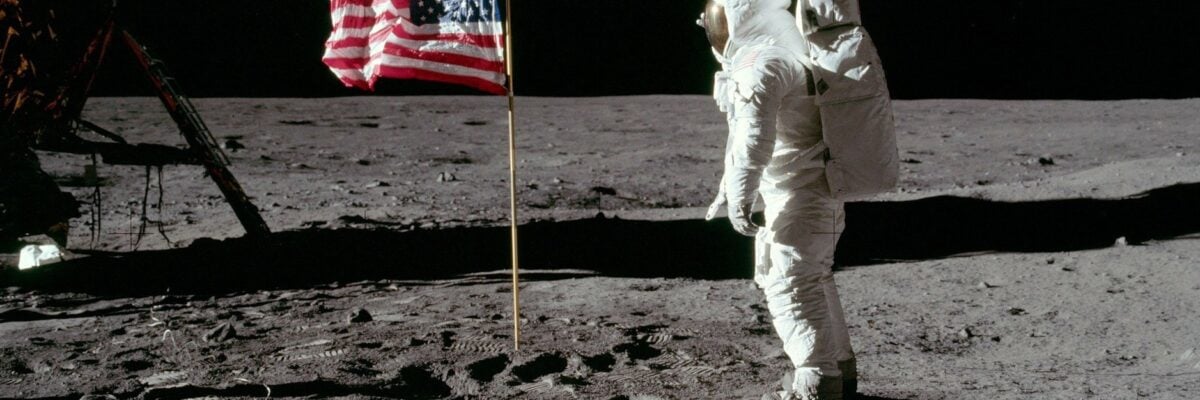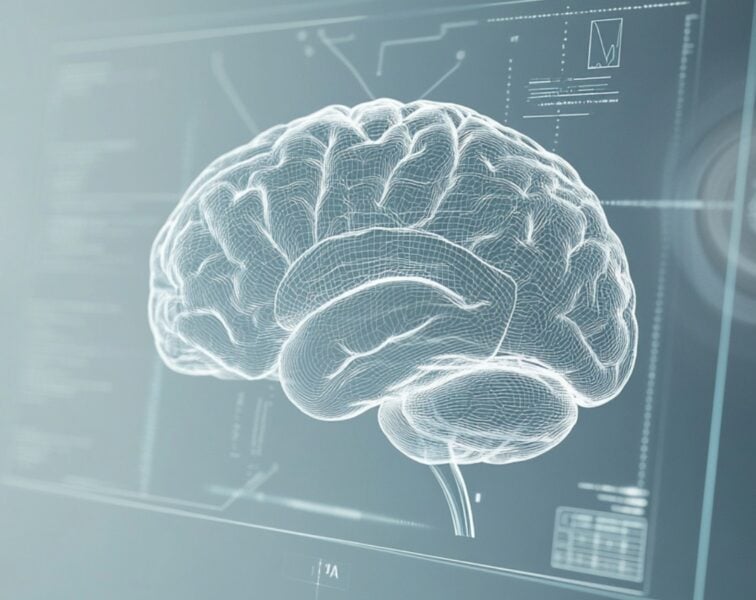I almost can’t believe yesterday marked the 50th anniversary of Armstrong and Aldrin touching down on the moon’s surface. What’s more unbelievable to me is that there are a number of people who entirely refuse that it ever happened. After reading an article in the New York Times, “They Kinda Want to Believe Apollo 11 Was Maybe a Hoax,” it got me thinking: why conspiracies are appealing?
I’m obviously speculating here, and there are likely myriad motivations, but I think many of the same biases that plague scientific inquiry, along with a number of attributes that are important for thinking critically, conspire against us (ahem) to seek out noise even when the signal appears quite strong. I also think that humans are significance junkies. We want to make sense out of a confusing world, and we’re willing to go along with “just so” stories if it helps our brains attach meaning to them.
There are many biases and fallacies that make us attracted to conspiracy theories: selection bias, confirmation bias, in-group bias, false causes, black-or-white fallacies, appeals to emotion, bandwagon effects, ambiguity, and burden of proof fallacies all may come into play. (A number of these are covered in the Studying Studies series on the website.)
National Geographic has a great slideshow where they tackle a number of Apollo 11 “hoax photos” popular among conspiracy theorists. My guess is that if you haven’t seen the photos before and read the arguments that “You can tell Apollo 11 was faked because…” you’ll think to yourself, that is strange, how do you explain that?
This is part of what science is all about. Question everything, learn as much as you can, and keep an open mind. One of the frustrating (and beautiful) things about science is that we have way more questions than answers. The reality is we can’t explain a lot of things about the universe and that can be very uncomfortable for many people at times. We often fill in certainty in conditions that are uncertain to us.
Obviously, there’s a big difference between asking someone to explain why the American flag on the moon looks like it’s ruffling in the wind and telling someone Apollo 11 was faked because it doesn’t make sense to you. In the latter, there’s no questioning, the mind is closed, and there’s no opportunity to learn anything new. Richard Feynman said, “…we find that the statements of science are not of what is true and what is not true, but statements of what is known to different degrees of certainty.” To say that “You can tell Apollo 11 was faked because…” is to violate this credo.
Another reason we find conspiracy theories appealing, and we’re prone to believe them, is that there is a history of genuine conspiracies. Groups of people have covered up their actions. Take Watergate, for example. If it can happen here, it can happen anywhere, the thinking goes, and this is probably hard-wired in us for survival purposes. A splash in the water or a movement in the brush could be a rock and the wind, respectively, but better to assume a saber-toothed cat and a venomous snake. It’s far more likely that it’s nothing, but the price to pay for being wrong can change our actions even if the statistics are in our favor.
Interestingly, the crux of the Times article at the top of this email suggests that conspiracy theorizing is less angry than it used to be, it’s no longer stigmatized, and is just for fun. I think this depends on the topic and context, but I’d also argue that conspiracy theories are in fact theories, guesses used to account for situations where we think we can’t be certain of the truth.
What’s more exciting, a rock or a saber-toothed tiger? Conspiracies provide “better” narratives when the truth is too hard to accept. The CIA [or fill-in-the-blank] killed Kennedy, not Lee Harvey Oswald. Oswald was a sad, lonely, sick man. It’s hard to accept fate could have it that such an irrelevant person could bend the arc of history. Better to have a really compelling and elaborate story. We tend to believe that extraordinary events deserve an extraordinary story.
It’s one thing to be skeptical of the effectiveness of a drug (or a moon landing), but it’s another to make a blanket statement that vaccines cause autism, for example, without doing some serious homework. Yes, skepticism is a sine qua non of science, but it’s intellectually dishonest and/or lazy to reject evidence that doesn’t agree with your worldview without considering that you may be fooling yourself, and others.
OK, enough theorizing about conspiracy theories. I’ve gotta agree with Lloyd Christmas’s views on this one: we landed on the moon!
– Peter




